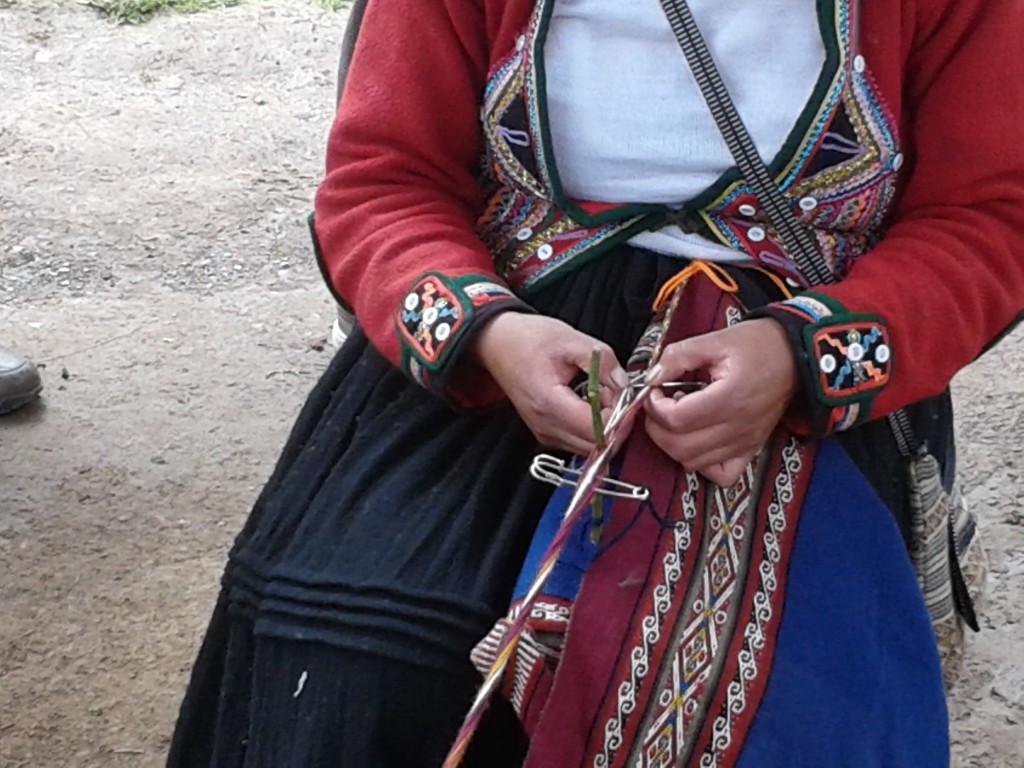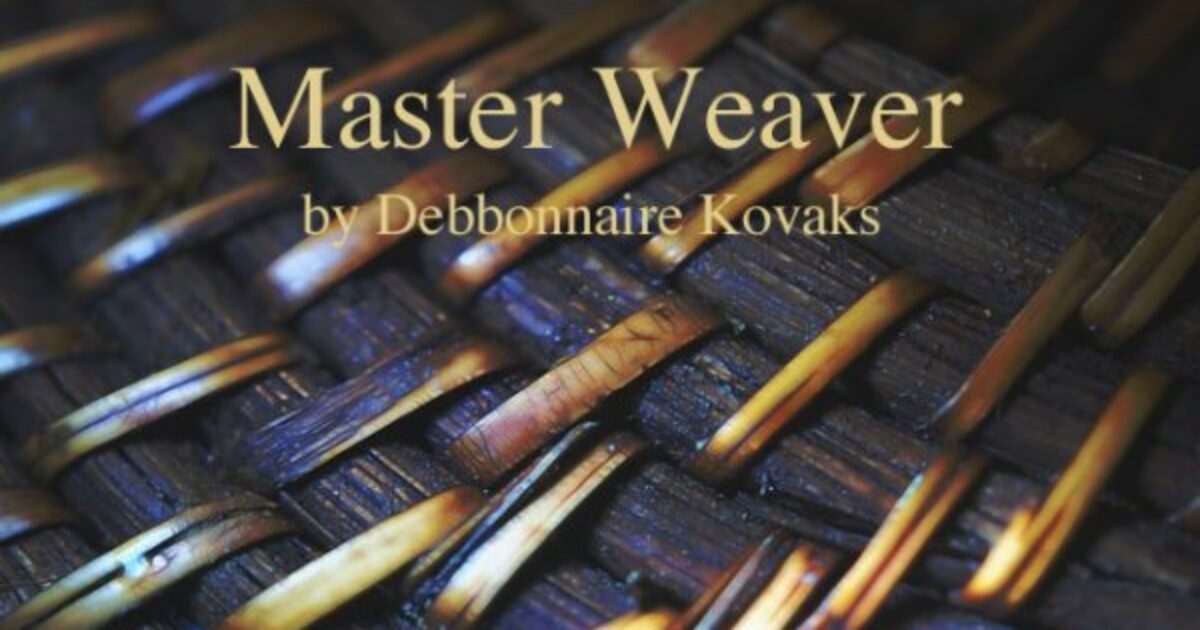Master Weaver
By Debbonnaire Kovacs, Feb 18, 2016
This is the second week of Lent, for those Christians who follow the traditional church calendar. Lent is a centuries-old tradition intended to encourage 40 days of prayerful introspection, soul-searching, and seeking healing.
Part of one of the scriptural selections for this second week is the following passage:
The word of the Lord came to Abram in a vision, “Do not be afraid, Abram, I am your shield; your reward shall be very great.” But Abram said, “O Lord God, what will you give me, for I continue childless, and the heir of my house is Eliezer of Damascus?” And Abram said, “You have given me no offspring, and so a slave born in my house is to be my heir.” But the word of the Lord came to him, “This man shall not be your heir; no one but your very own issue shall be your heir.” He brought him outside and said, “Look toward heaven and count the stars, if you are able to count them.” Then he said to him, “So shall your descendants be.” And he believed the Lord; and the Lord reckoned it to him as righteousness. Genesis 15:1-6
This passage touches me particularly in two ways. First, the first words of God, “Don’t be afraid, I’m your shield,” have always been very meaningful because although I have not been a fearful person in some of the traditional ways (I don’t fear weather, traffic, plane crashes, theft, germs, don’t worry incessantly about my children, etc.), I have been very fearful of people and their opinions or needs or wants of me all my life.
Until the past few years, that is. Through much deep and loving counseling, I have been enabled by God to overcome that fear to a large part. Over the past few years, I have been engaged (slowly) in creating an art piece to help remind me. You can see it over in our arts department this week.
The second way the passage touches me is new this year. I heard a sermon some months ago that made a claim concerning the original language that astonished me. The speaker, Jay Miller of Lexington Seventh-day Adventist church in Kentucky, said that the Hebrew word translated “reckoned” (“counted” in some Bibles) is the same (or shares a root) as the term used in describing the textile design of the high priest’s sash in Exodus!
I looked it up the minute I got home. I discovered that the actual word in Genesis 15:6, chashab, #2803 in Strong’s, is defined in part: “a prim. root; prop. to plait or interpenetrate, i.e. (lit.) to weave or (gen.) to fabricate.” (This is precisely from my beloved old Strong’s, every italic, jot, and tittle: there is a lot more; I encourage you to look it up in your own concordance or online.)
I also discovered that this exact word, #2803, is only used of the “skilled workman/artisan/weaver” in Exodus 28:6, but that its close cousin, #2805, is used of the sash itself in Ex. 29:5.
Maybe that’s more detail than you want—if you’re a lexophile like me, it’s not enough, but you can find more! Here’s the takeaway that matters: when God “reckons” or “counts” our faith (simple clinging to God in all things) as righteousness, this shows that it’s not just an accounting action. “On the books of heaven,” I’ve often heard it said, “God only sees Jesus’ record, not ours.” That’s good—but I like much better the thought that he weaves, plaits, interpenetrates his righteousness into us! He works over us, stretches the warp, counts the threads, interweaves the weft. He doesn’t just call us good, he makes us good!
I just came back from the trip of a lifetime, a gift to me from a dear sister, into the highlands (okay, the beaches, too!) of Peru. There, I watched a young Quechua weaver carefully finger-manipulating hand-spun and hand-dyed threads into an intricate border along a completed table runner, sewing the two together as she went. I invite you to take a little time looking at this picture, imagining that those are God’s hands, and the facets of your life are the threads. What is God weaving into you, right this minute, that you may be hardly aware of?





